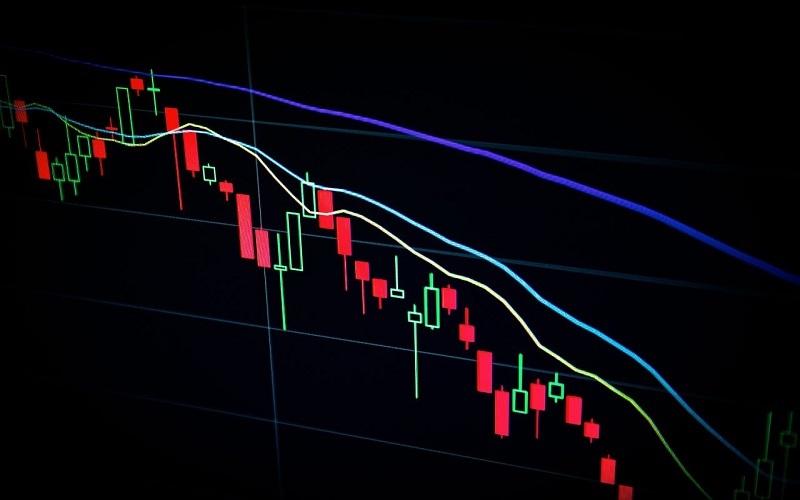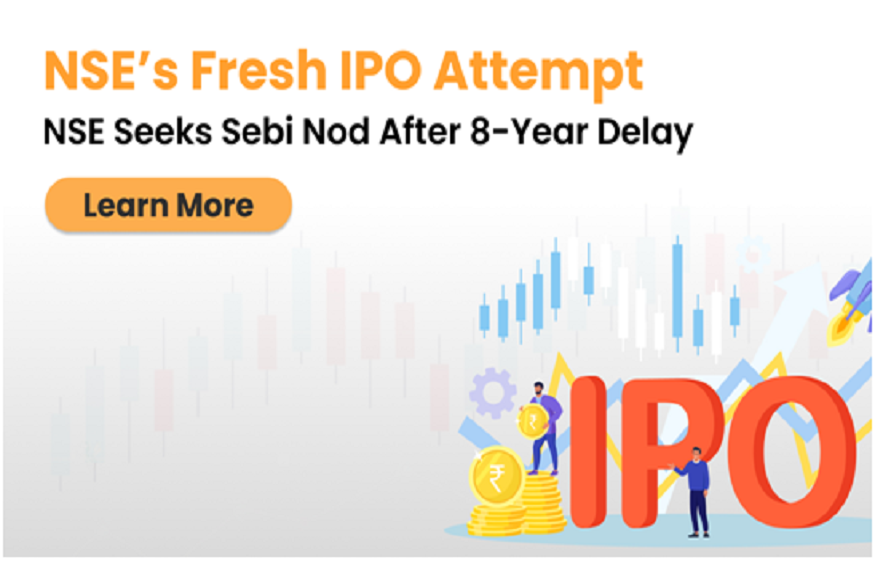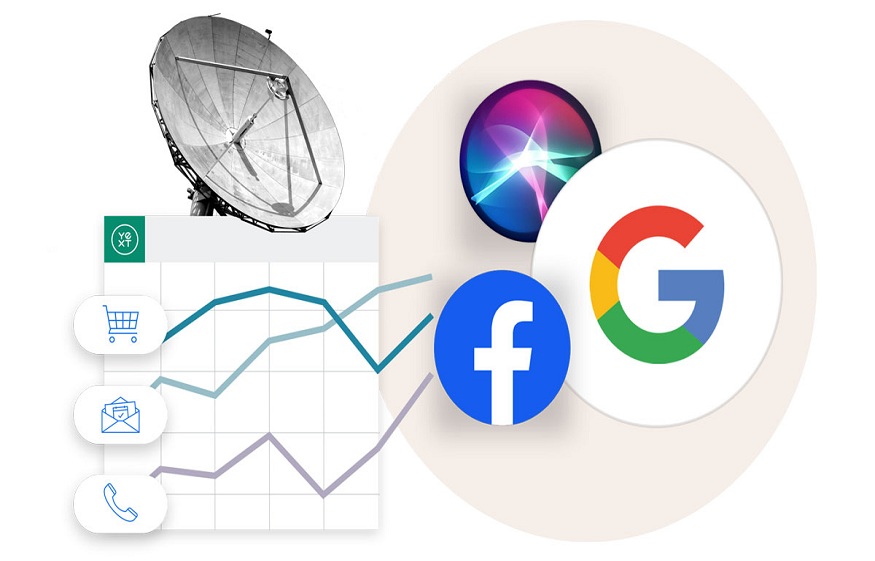In the fast-paced world of trading, selecting the right broker can be a crucial decision that significantly impacts your success. From regulatory compliance to trading platforms and customer support, various factors play a role in determining the suitability of a broker for your needs. In this comprehensive guide, we’ll delve into the essential features you should consider when choosing a trading broker.
Regulatory Compliance and Reputation
Before entrusting your funds to a broker, it’s imperative to verify their regulatory compliance and reputation. Regulatory bodies such as the Securities and Exchange Commission (SEC), the Financial Conduct Authority (FCA), and the Australian Securities and Investments Commission (ASIC) oversee the operations of brokers, ensuring they adhere to strict standards of conduct. Researching a broker’s reputation through online reviews, industry forums, and independent assessments can provide valuable insights into their reliability and trustworthiness. In the UAE, the regulatory body is the SCA.
Trading Platform
The trading platform serves as your gateway to the financial markets, making it essential to choose one that meets your needs. Look for a platform with an intuitive user interface that allows for seamless navigation and efficient order execution. It should be accessible across multiple devices, including desktops, smartphones, and tablets, ensuring you can trade anytime, anywhere. Advanced analytical tools and charting capabilities are also crucial for conducting technical analysis and making informed trading decisions.
A diverse range of tradable assets allows you to explore different markets and diversify your investment portfolio. Whether you’re interested in stocks, bonds, forex, commodities, or cryptocurrencies, ensure your chosen forex broker offers access to the markets you wish to trade. Consider the depth and breadth of available markets, including domestic and international exchanges, to ensure you have ample opportunities to capitalise on market movements.
Customer Support and Service
In the world of trading, downtime is not an option. Therefore, reliable customer support is paramount. Look for a broker that offers responsive customer support available via multiple channels, including phone, email, and live chat. Multilingual support options can be beneficial if English is not your primary language. Additionally, educational resources and tutorials can help you deepen your understanding of trading concepts and strategies.
Trading fees and commissions can significantly impact your bottom line, so it’s essential to understand the fee structure before committing to a broker. Look for a broker with transparent pricing and competitive commission rates. Be wary of hidden costs, such as inactivity fees or withdrawal fees, which can eat into your profits over time.
Security Measures
Protecting your trading account and personal information should be a top priority when selecting a broker. Ensure the broker employs robust security measures, such as encryption protocols and two-factor authentication, to safeguard your account from unauthorised access. Additionally, inquire about insurance coverage to protect your funds in the event of a broker insolvency or cybersecurity breach.
Research and Analysis Tools
Access to comprehensive research and analysis tools can empower you to make informed trading decisions. Look for a broker that offers fundamental and technical analysis resources, including market research reports, economic calendars, and charting tools. Customisable watchlists and alerts can help you stay on top of market developments and identify trading opportunities.
Order Types and Execution Options
The ability to place various order types and direct market access (DMA) can enhance your trading flexibility and efficiency. Whether you prefer market orders, limit orders, or stop-loss orders, ensure your broker supports the order types you need to execute your trading strategy. Additionally, fast and reliable order execution is essential for capitalising on time-sensitive market opportunities.
Mobile Trading Capabilities
In today’s interconnected world, mobile trading has become increasingly popular among traders who seek flexibility and convenience. Look for a broker that offers a robust mobile trading app with full functionality and reliability. The app should provide access to real-time market data, allow for seamless order placement and management, and offer features such as customisable watchlists and price alerts.
Account Types and Minimum Deposits
Brokers often offer a variety of account types to cater to traders with different experience levels and investment goals. Whether you’re a novice trader or a seasoned professional, look for a broker that offers account types suited to your needs. Consider minimum deposit requirements and the benefits associated with different account tiers, such as lower trading fees, dedicated account managers, and premium research resources.
Transparency and Disclosure
Transparency and openness are critical when dealing with a trading broker. Ensure the broker provides clear and concise terms and conditions outlining their services, fees, and policies. Look for disclosure of any potential conflicts of interest, such as affiliations with market makers or proprietary trading desks. Additionally, research the broker’s history of regulatory actions or complaints to gauge their track record of compliance and customer satisfaction.
Conclusion
Choosing the right trading broker is a decision that should not be taken lightly. By considering essential features such as regulatory compliance, trading platform, range of tradable assets, customer support, fees and commissions, security measures, research and analysis tools, order types and execution options, mobile trading capabilities, account types, educational resources, and transparency, you can ensure you select a broker that aligns with your trading goals and preferences. Remember to conduct thorough research and due diligence to make an informed decision that sets you up for success in your trading journey.

 Mapping Success: How to Choose the Best Location for a Dispensary
Mapping Success: How to Choose the Best Location for a Dispensary  Diversified Investment Pathways: A Formal Look at the Integration of NSE IPO and SIP
Diversified Investment Pathways: A Formal Look at the Integration of NSE IPO and SIP  Open Your Demat Account Today to Invest in NSDL and Track Its Share Price
Open Your Demat Account Today to Invest in NSDL and Track Its Share Price  Documentation and Verification in Digital Gold Loan Applications
Documentation and Verification in Digital Gold Loan Applications  Measuring ROI and Performance with Yext SEO
Measuring ROI and Performance with Yext SEO  Content Marketing Agency: Transforming Content Into Business Results
Content Marketing Agency: Transforming Content Into Business Results  The Demographic Shift: Who’s Really Using Personal Loan Apps?
The Demographic Shift: Who’s Really Using Personal Loan Apps?  Organising Modern Workspaces with Plastic Storage Containers and Stackable Storage Containers
Organising Modern Workspaces with Plastic Storage Containers and Stackable Storage Containers  Should You Hold Google Stock for 10+ Years? Benefits of Long-Term Investing
Should You Hold Google Stock for 10+ Years? Benefits of Long-Term Investing 






